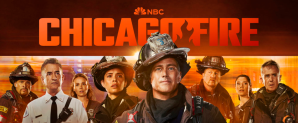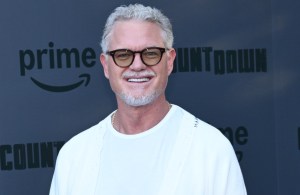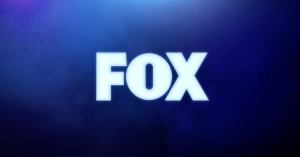Mean Streets was not Martin Scorsese‘s first film, but it did confirm that the director had would become one of America’s best filmmakers. The movie, which hit theaters in 1973, will be available to stream on HBO Max on Sunday, Aug. 1. It’s a movie that has everything that would become a hallmark of Scorsese’s work, from internal conflicts driven by devout Catholicism to brutal, sudden violence.
Mean Streets stars Harvey Keitel as Charlie Cappa, a young Italian-American torn between Catholicism and his work for a powerful mafia boss. He also feels responsible for his younger, explosive friend, “Johnny Boy” Civello, played by Robert De Niro. While Johnny Boy gets into deeper trouble with Mafia-connected creditors, Charlie tries to keep Johnny Boy alive, even if everyone thinks he needs to get as far from Johnny as he can. It all builds to a shocking finale.
Videos by PopCulture.com
The film is packed with memorable scenes, from an unforgettable pool hall fight to the unbelievable introduction of De Niro, as well as the use of pop music that would later become a Scorsese trademark. At the time Mean Streets was made, De Niro was the star of Brian De Palma’s early films. Mean Streets was his first collaboration with Scorsese, and he made it count. De Niro isn’t the lead, but he steals the movie from Keitel. De Niro and Scorsese’s collaboration was revived for The Irishman in 2019, and they worked together again on Scorese’s upcoming Killers of the Flower Moon for Apple TV+ and Paramount Pictures.
Mean Streets was the first time Scorsese got to make a movie that had its roots in his own personal experiences. In an interview with Deadline last year, Scorsese said it took himself years to realize that Mean Streets “was more about my father and him than myself and my old friends because my father was constantly making sure he wasn’t going to get killed or beat up.” Scorsese said his father knew people who were similar to Johnny Boy, and his father even stood by them.
“I wondered how you balance that, how you live a life like that. I don’t know,” he recalled. “I mean there’s two different things going on here I guess, and one is the compassion and the sense of responsibility for your brother and the other is trying to change and do better. Even if your uncles are failing again when they come out of a scrape, or out of prison. They try again, get a job, but then fall again and go back in. I saw it play out. My father didn’t go to church or any of that. He didn’t have to. This was what it was all about.”
In that same interview, Scorsese surprisingly said he isn’t sure he ever watched Mean Streets from start to finish since the film was released because it’s “too close.” He suggested the movie could never be made today since it was made for a very specific time. “There are things in it that I wish I could have done in a different way, but this was the nature of the making of this film. You had to do it with what you had,” he told Deadline. “There are elements of it that are…it was so truthful in a sense and honest that it’s difficult for me to watch. It was also made for a time when nothing else like it existed.”
Scorsese might believe Mean Streets couldn’t be made today, but the story still resonates. The film plants the seeds for Scorese’s later gangster movies, and it also has a lot in common with his other work. Mean Streets shows how Scorsese can present whole worlds to audiences and make them feel at home. On the surface, Mean Streets could seem inaccessible to anyone who didn’t grow up in Little Italy, yet the truth is we all grapple with guilt and we all have a friend who we want to support through tough times. It’s just important to remember that if “Jumpin’ Jack Flash” plays when your friend enters a bar, you might be in for a wild ride.
Most Viewed
-

Beverly Hills, CA – January 31, 2026: Jelly Roll, left, and Bunnie Xo, right, pose for portraits on the red carpet during the 68th GRAMMY Awards Pre-GRAMMY Gala & GRAMMY Salute to Industry Icons Honoring Avery Lipman & Monte Lipman at the Beverly Hilton on Saturday, Jan. 31, 2026 in Beverly Hills, CA. Clive Davis’ annual pre-Grammy party hosts an array of A-listers from entertainment, sports, and politics to come together and enjoy performances. (Kayla Bartkowski/ Los Angeles Times)







